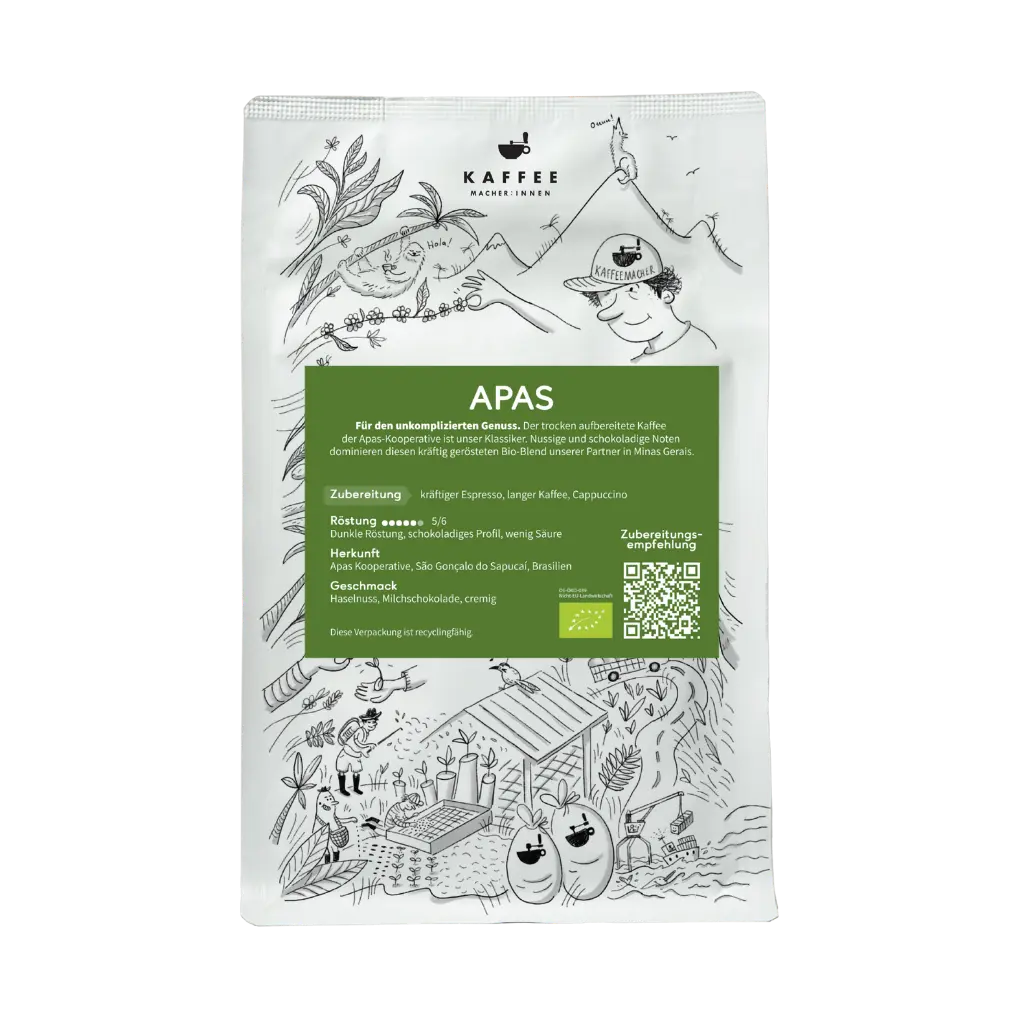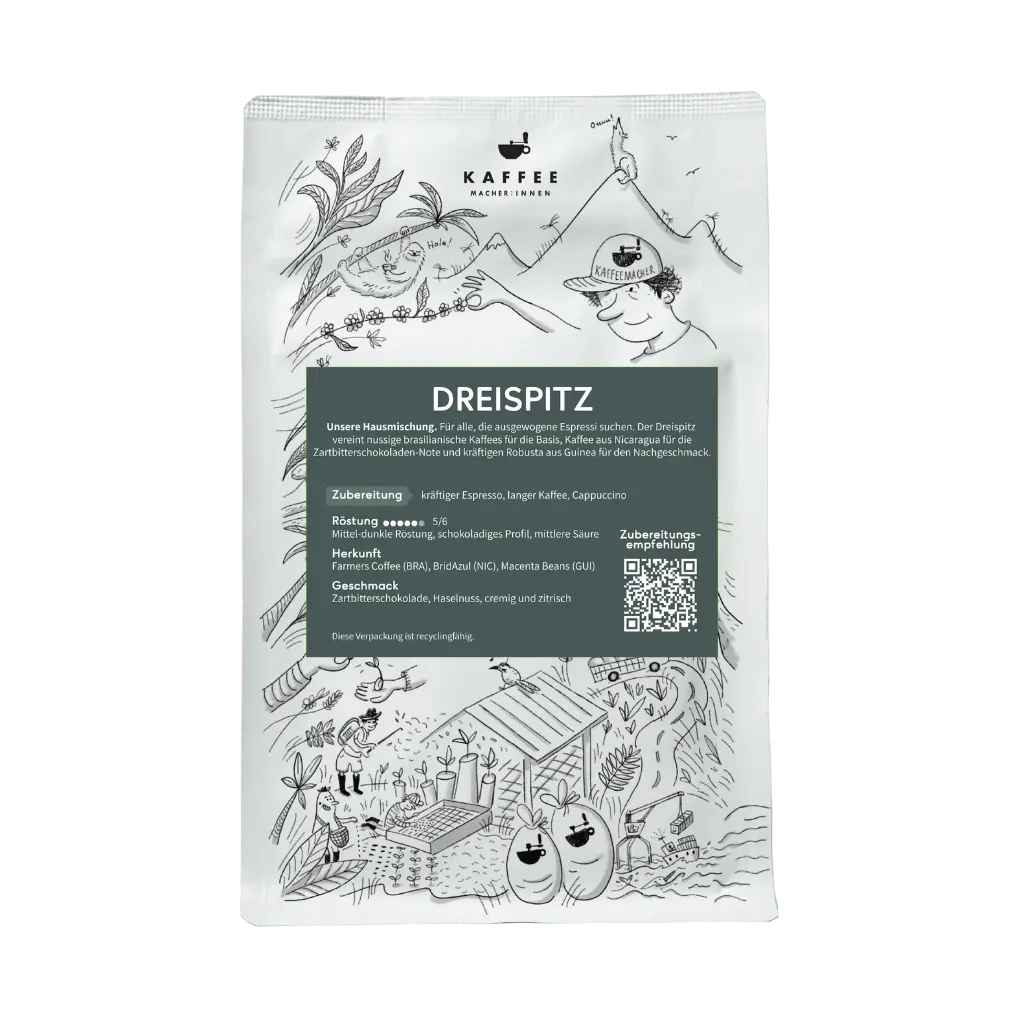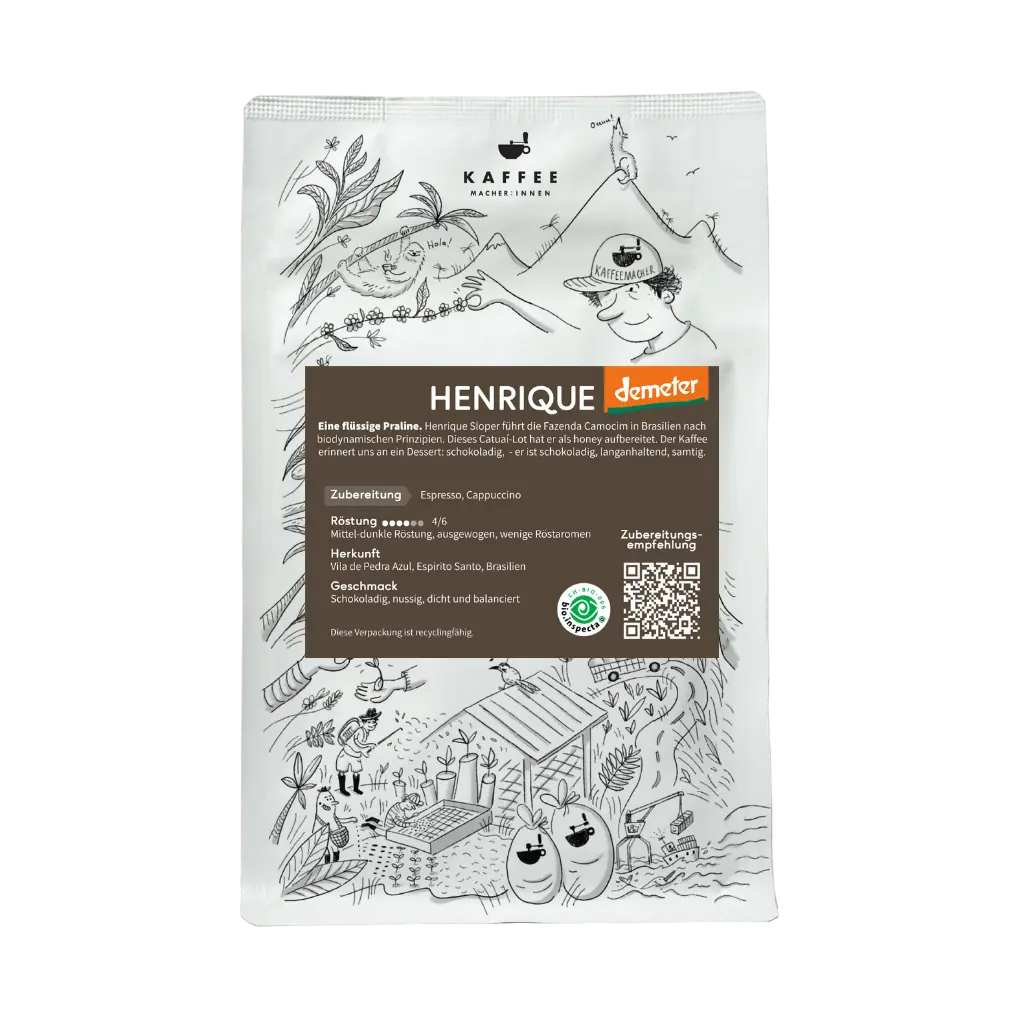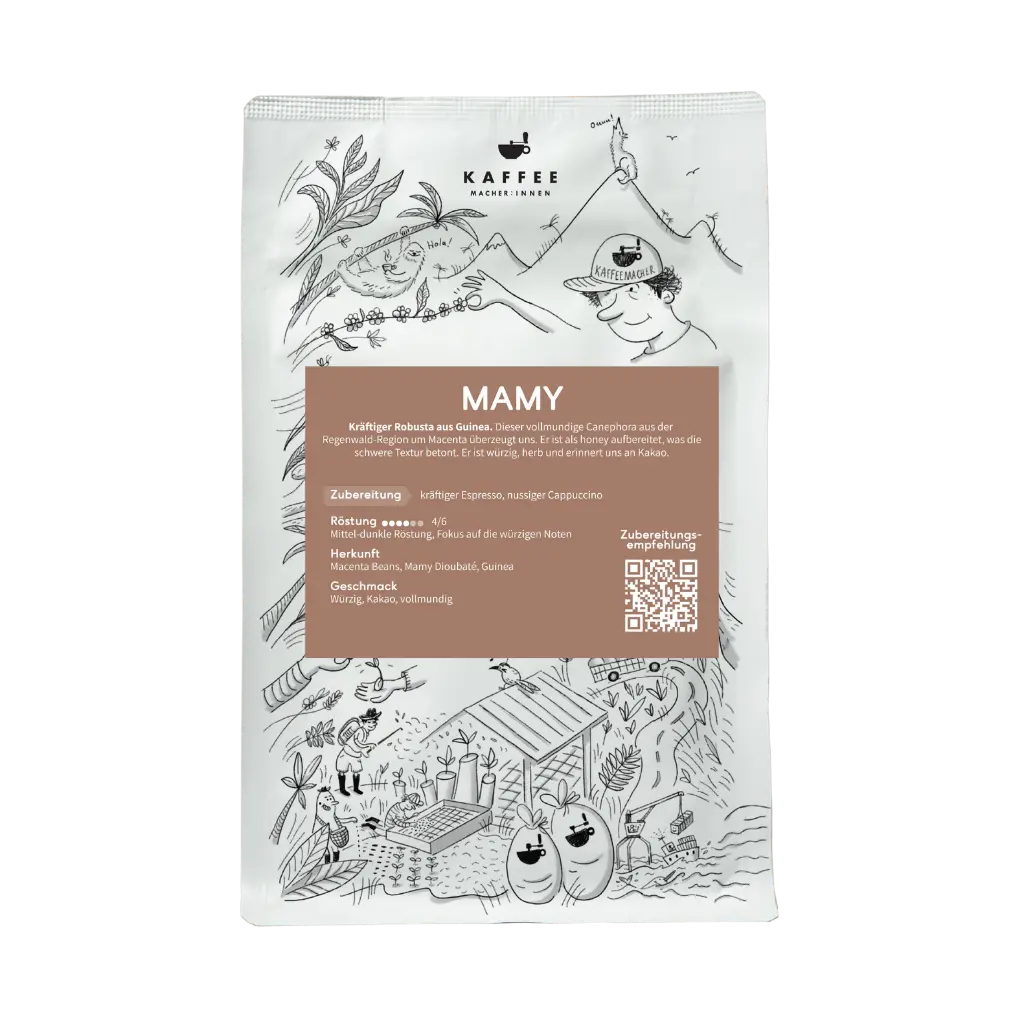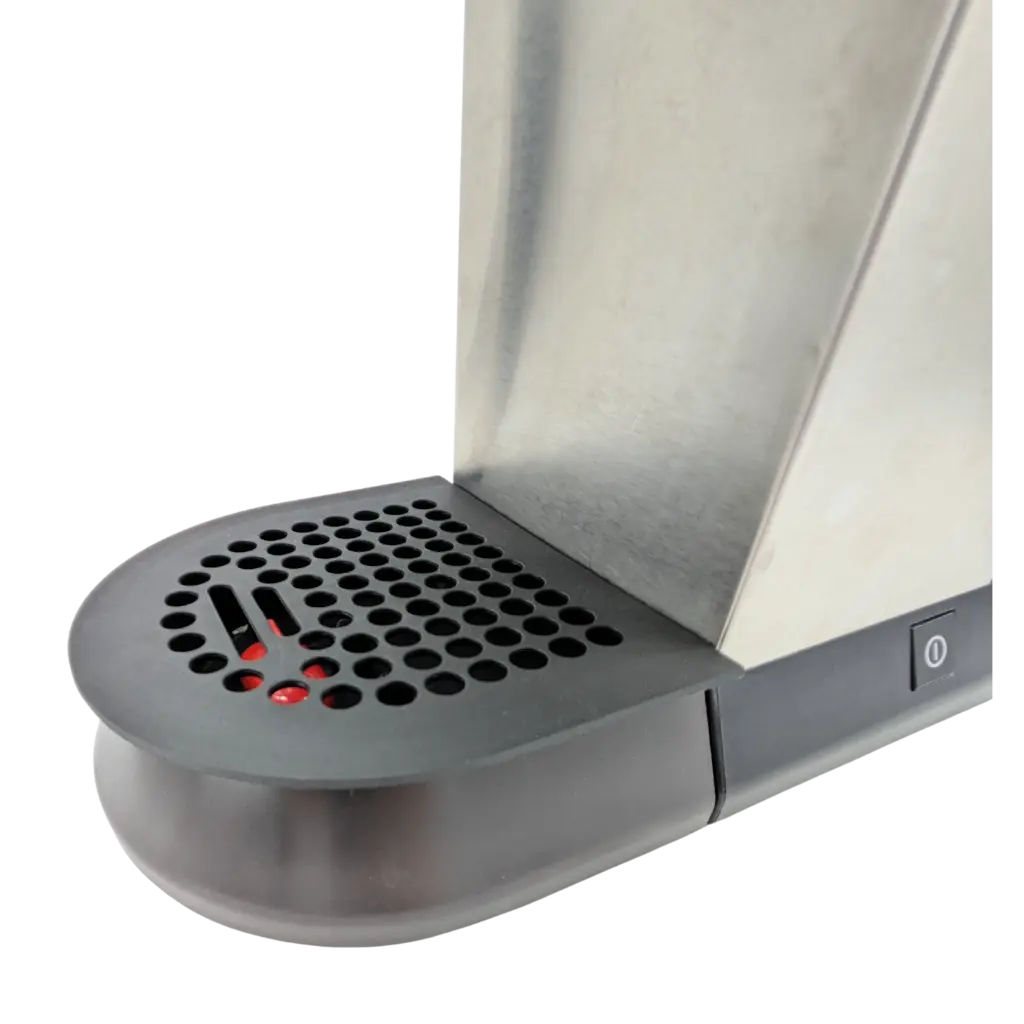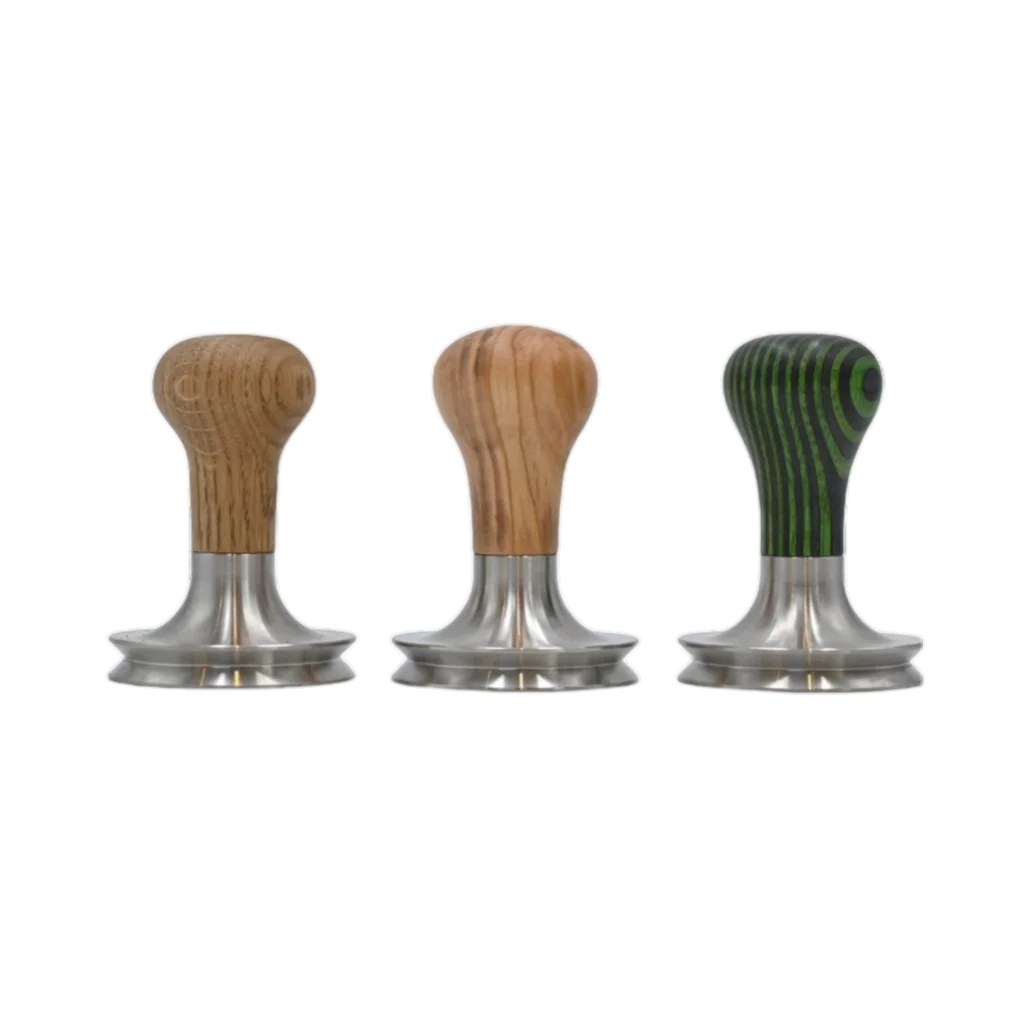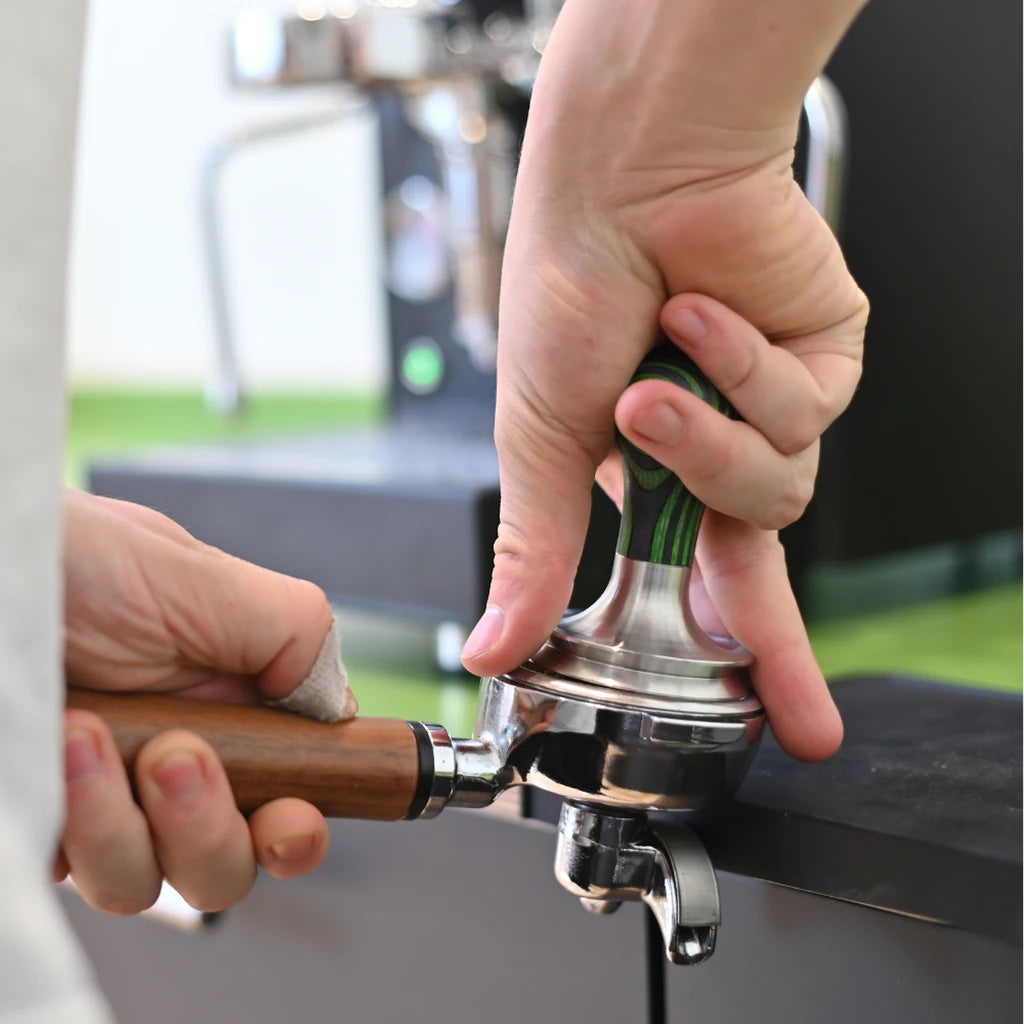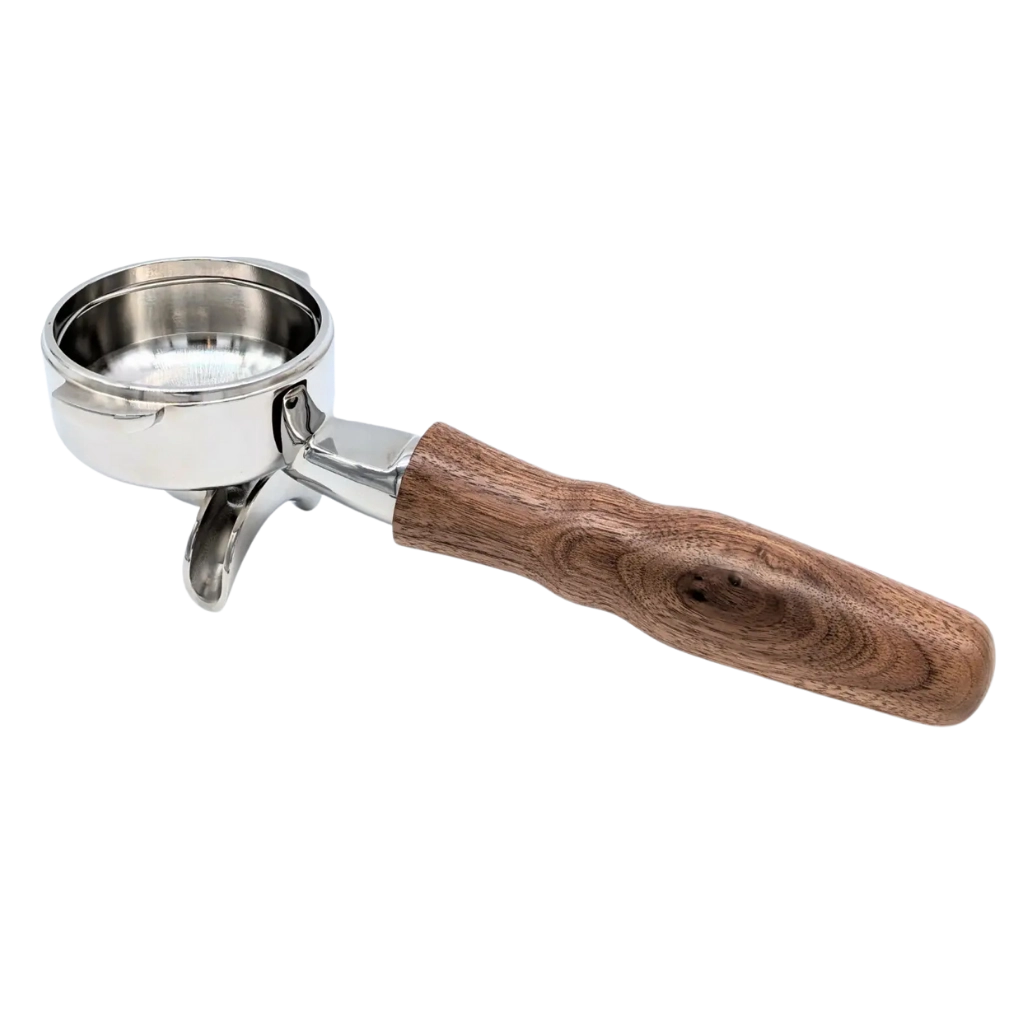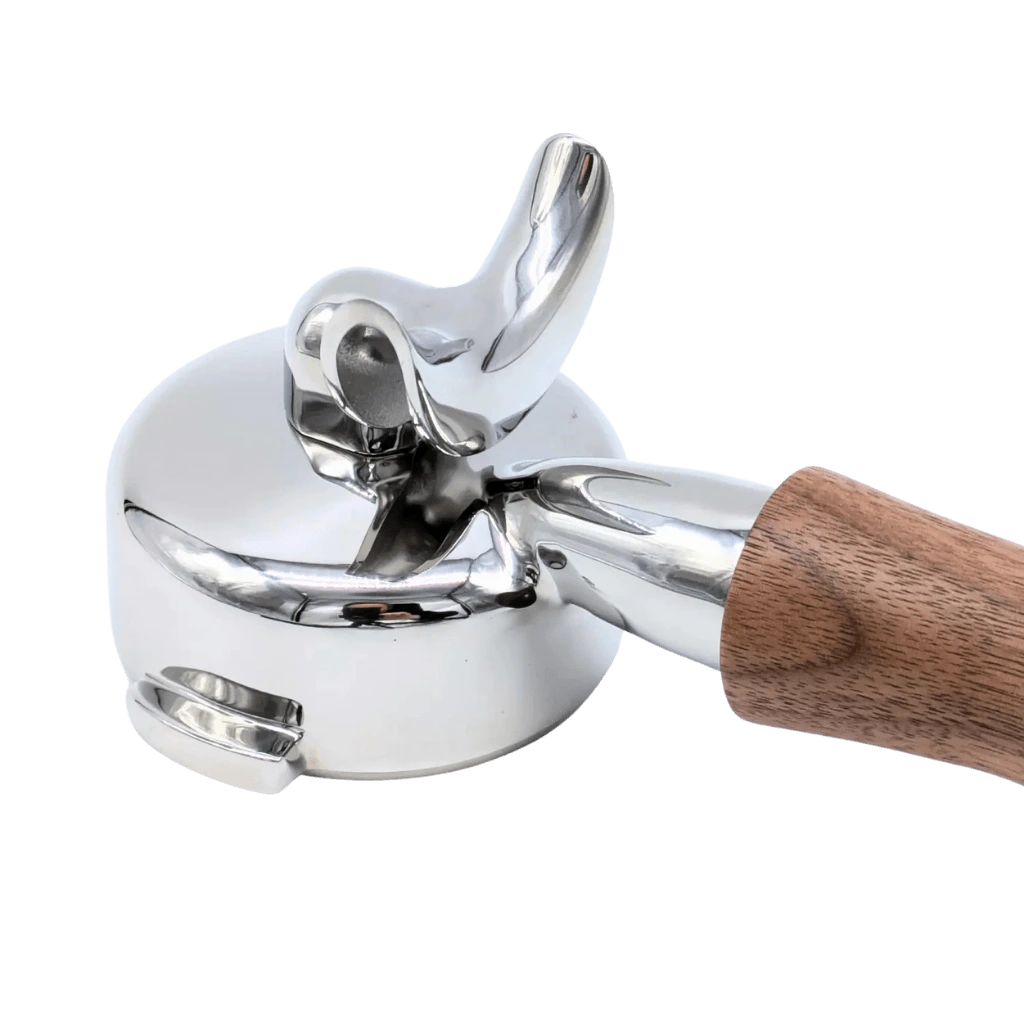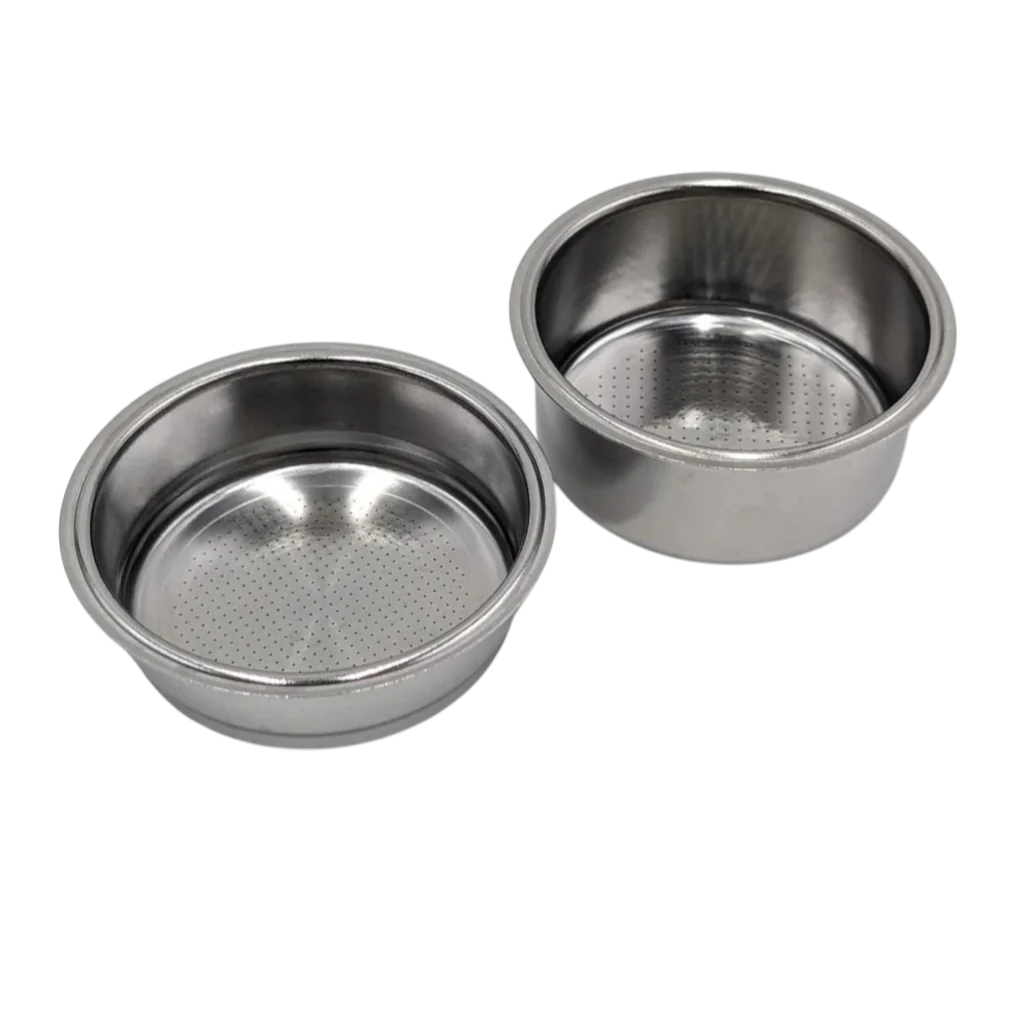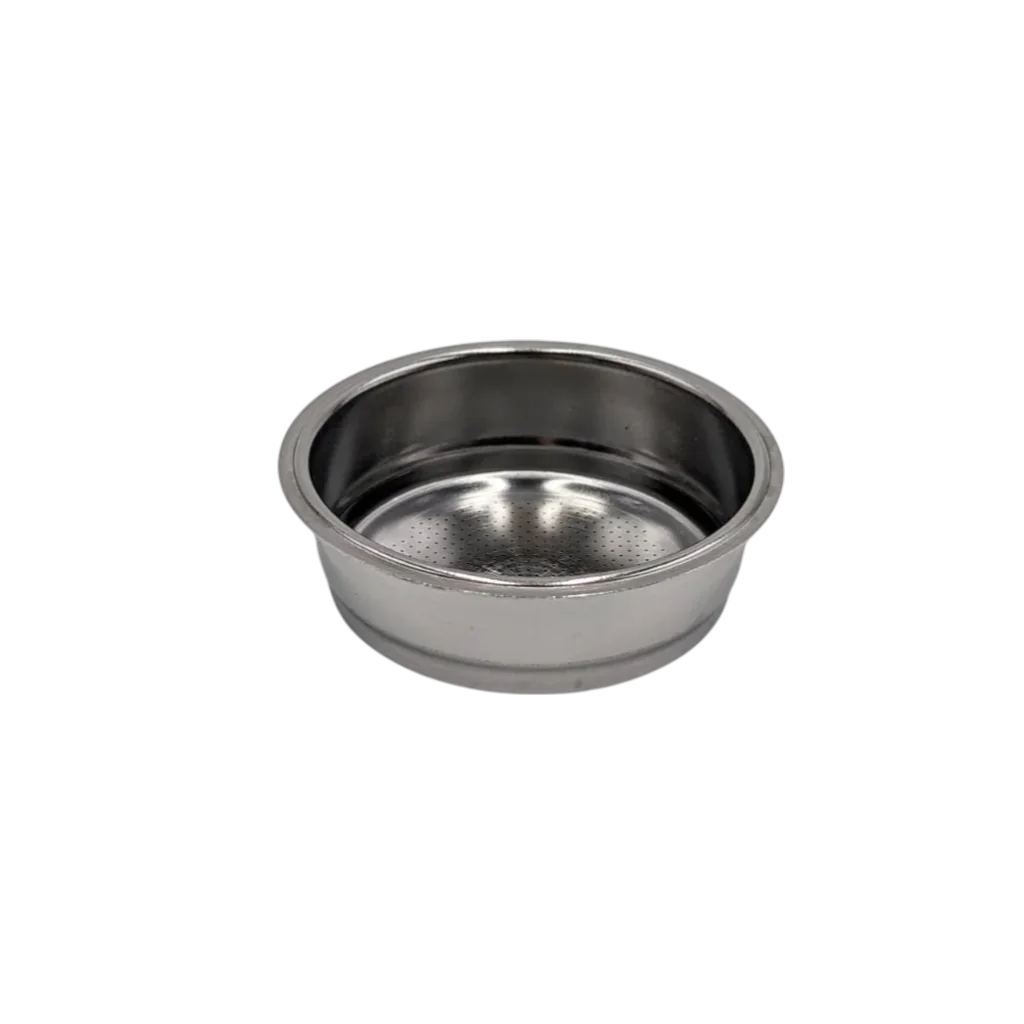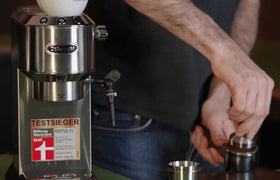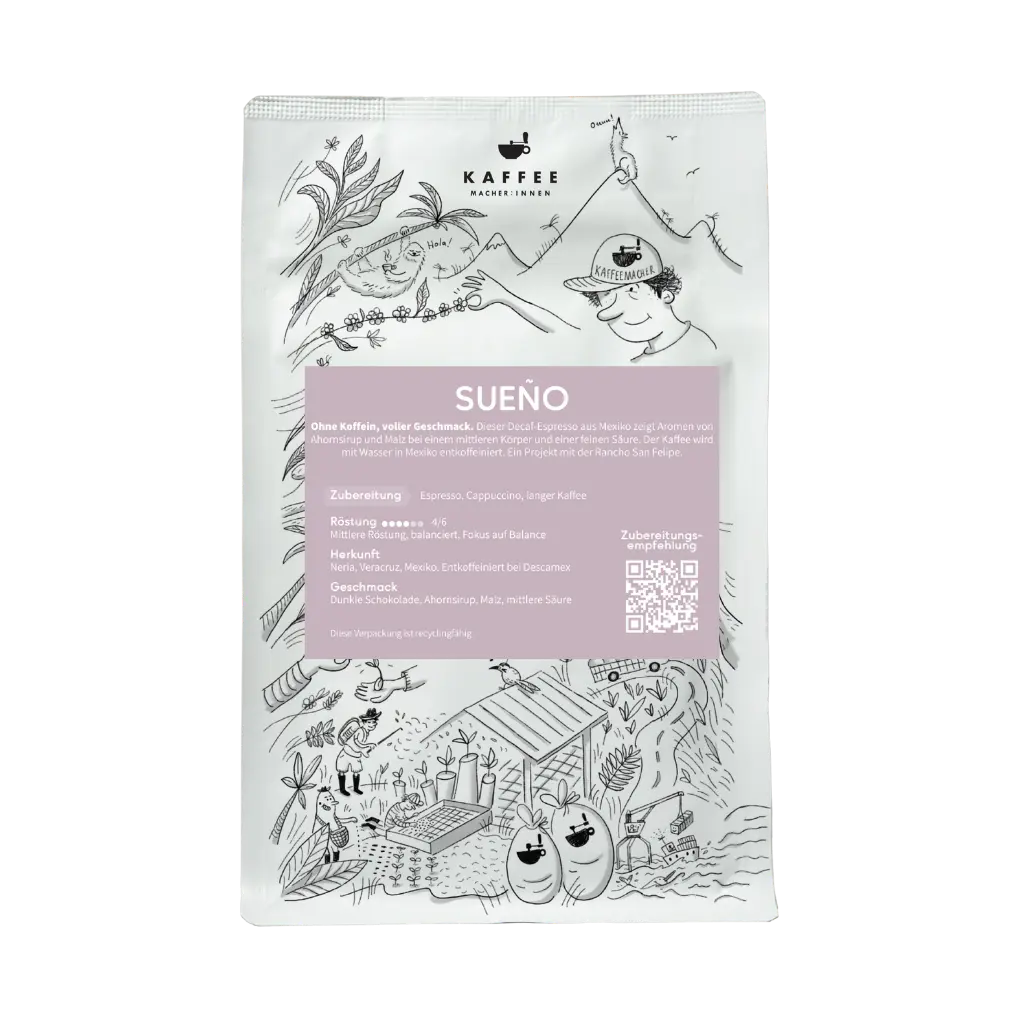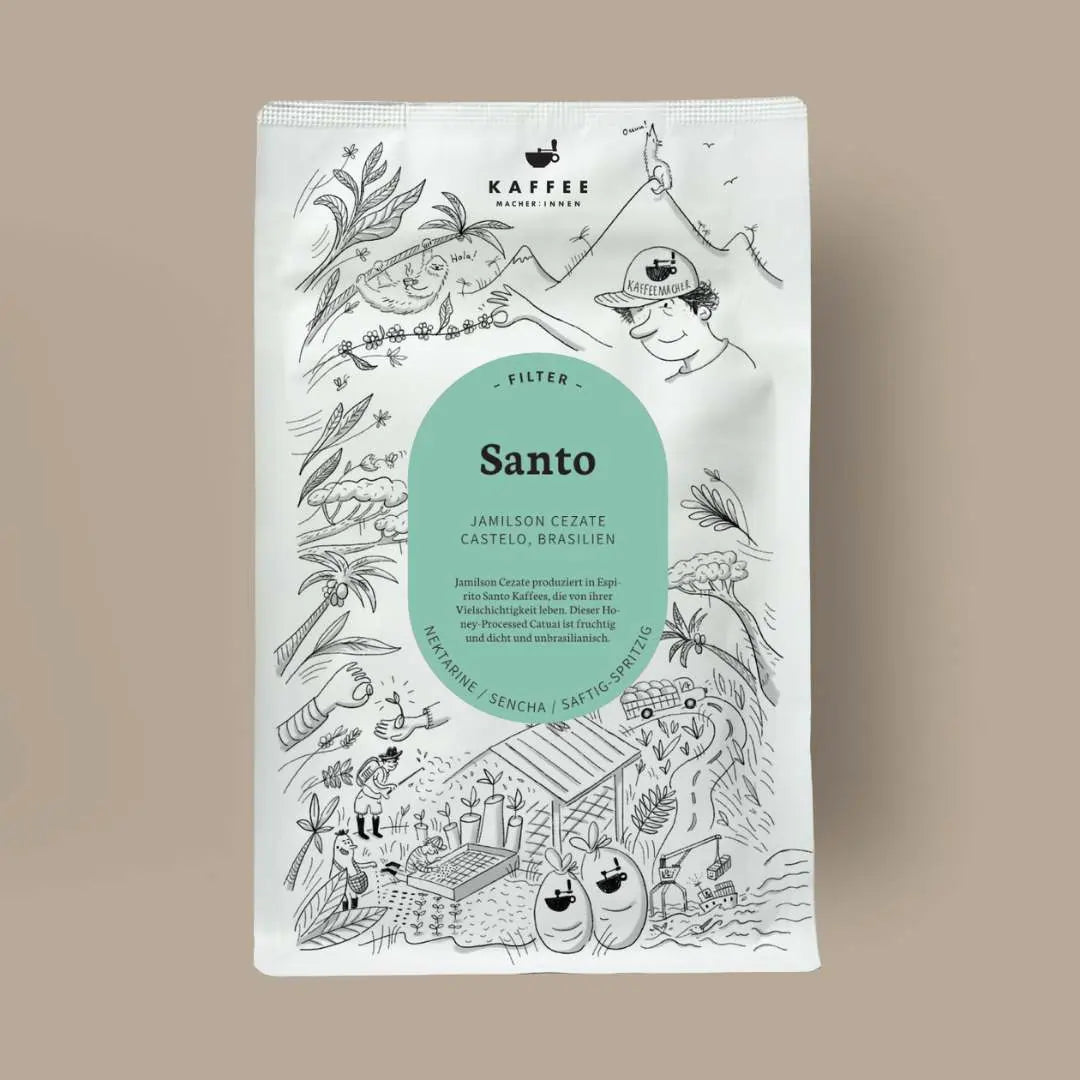
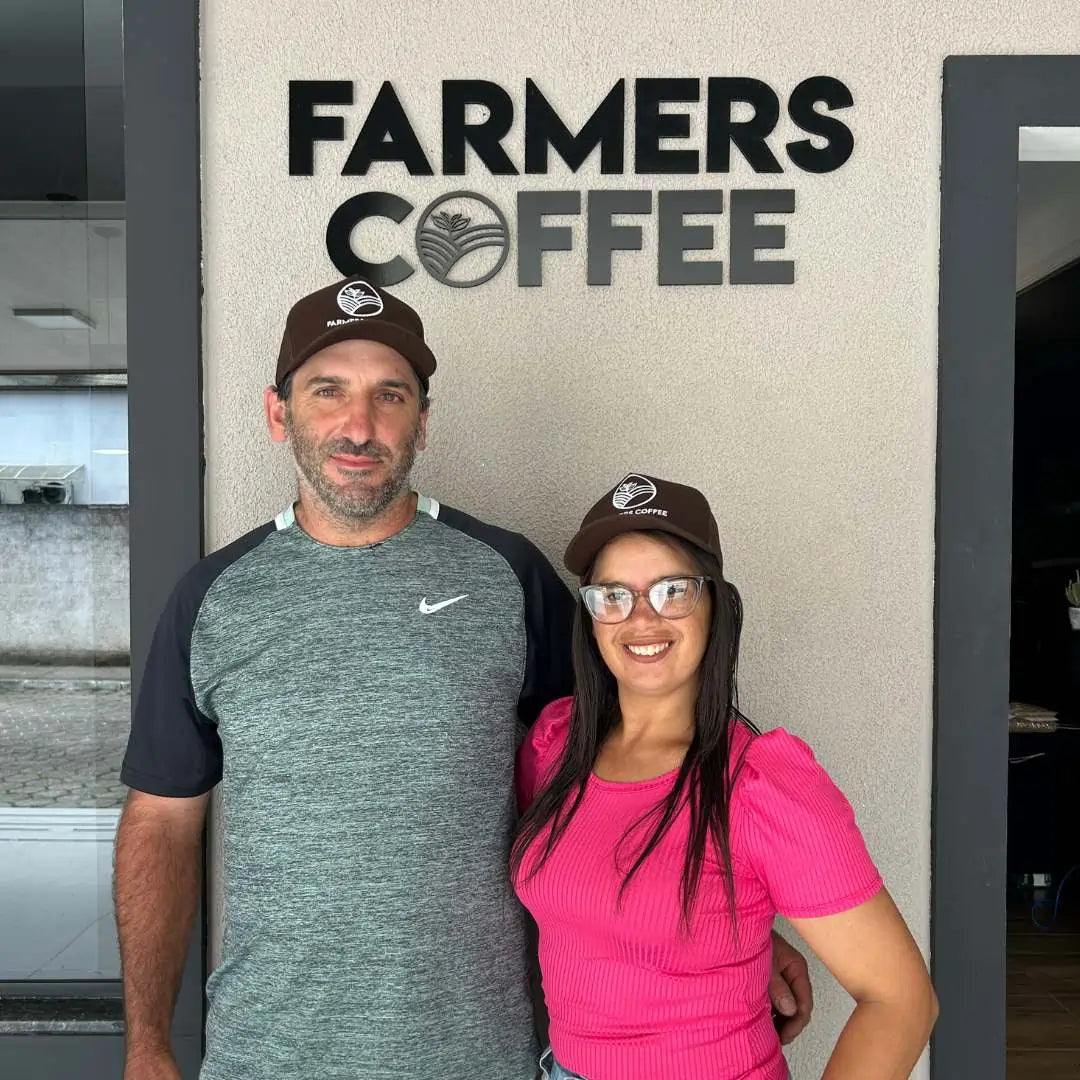
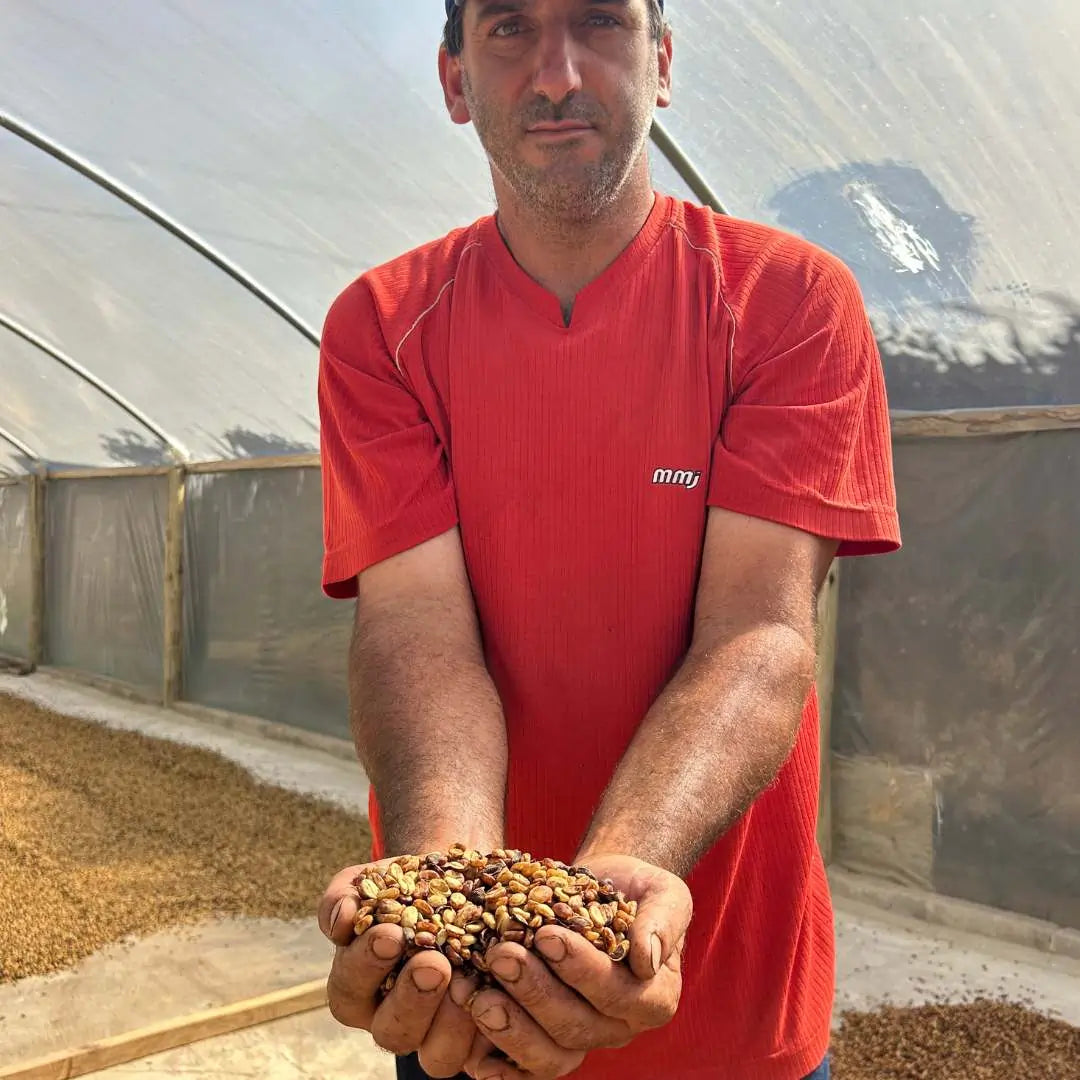
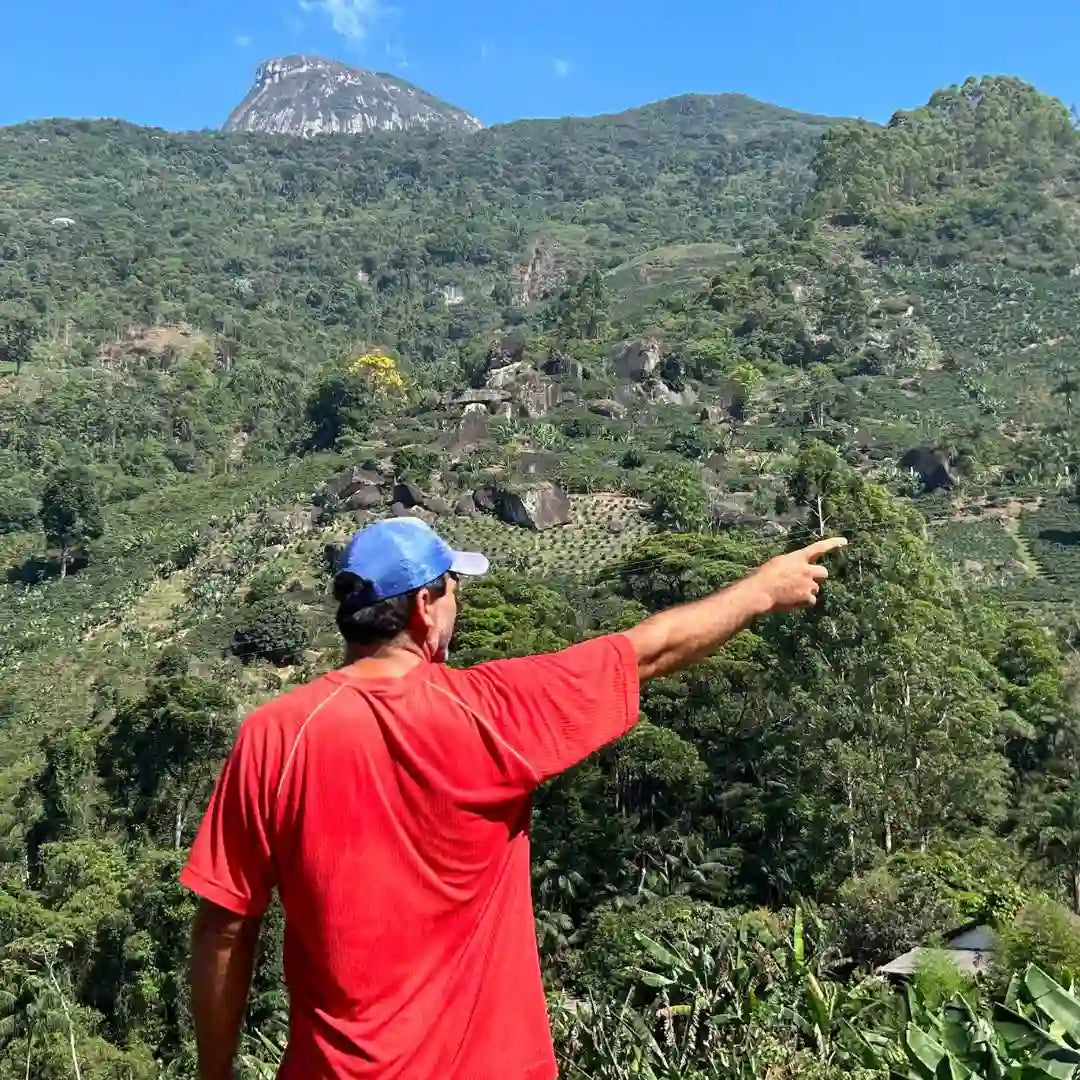
Santo, filter coffee from Brazil
Santo - filter coffee from Brazil
A complex acid structure, stone fruit and a tea-like character. Many people may now be thinking of East African coffees, but: Jamilson Cezate and Andreia Amorim from Espirito Santo, Brazil, produce coffees that leave us astonished.
Santo - Green Coffee Information
Roasted for: all common filter methods such as: hand filter, AeroPress, French Press and Cold Brew
Origin: Sitio Balança, Castelo, Espirito Santo, Brazil
Producers: Jamilson Cezate, Andreia Amorim Silva, Francisco José Cezate
Varieties: Catucaí 785
Post-harvest process: depulped, washed
Arrived at the roastery: March 2024
All our coffees are shipped as whole beans.
Brewing recommendation Santo by David: Hario V60
| amount of coffee | 17 grams |
| total amount of water |
250 grams |
| grind | 4.9.0 |
| age of roasting | 10 days |
| water temperature |
91 degrees |
| Blooming |
50 grams (30 seconds) |
| brewing time |
2:40 |
| infusions |
5 infusions (including blooming) up to 50g, up to 100g, up to 150g, up to 200g, up to 250g |
David used the following equipment to develop the recipe:
Water: total hardness 3 °dH, alkalinity 1.5 °dH (more on the topic of coffee water )
Mill: Kinu M47 Classic
Dripper: Hario V60 glass filter 02
filter paper: Hario V60 paper
Tell me more about Santo
In October 2023, Tobi and Philipp visited Farmers Coffee, a young company run by coffee producers' sons in Venda Nova do Imigrante, Espirito Santo. Dério, Phelipe, Luiz and João Paulo were all at IFES University, where the busy coffee professor Lucas Louzada also conducts research. We were impressed by their view of Brazilian coffee farming, its opportunities and challenges for the future, and the way in which coffee today finds buyers through relationship work. They work with producers in the region around Venda Nova, create market access and, if requested, advise on topics such as post-harvest processes and the like. One producer in their network is Jamilson Cezate, who has only been focusing on specialty coffee for three years. We had his coffee blind on a tasting table. Philipp called it a "little Ichamama" - the coffee stood out so much and tasted different from anything we have tasted from Brazil so far.
Why does Santo coffee taste the way it tastes?
It probably has something to do with the growing conditions, which are much more reminiscent of cool and often humid regions, such as Veracruz, Mexico. The coffees grow more slowly and later - the harvest is almost three months later than in Minas Gerais. The farms are smaller (around 6 hectares on average) and the terrain is steep, so the harvest is done by hand. Many things reminded us of Central America: the cultivation, the varieties and the harvest. In Espirito Santo, the coffees are usually washed and processed, which suits the climate, in contrast to the naturals that are common in Minas Gerais or the Cerrado.
Why did we buy this coffee?
Because it shows the variety of coffees from Brazil so well and has little in common with the profile of an Apas coffee. Brazil has a lot to offer and the coffees from Espirito Santo are new territory for us, but we would like to get to know them better. And then we are very impressed by Farmers Coffee, who have built up a strong, super-networked company in just a few years, always with the focus on making things better and more long-term.
How do we roast this coffee?
We roast the coffee as a 12.5kg batch on our 30kg Giesen roaster. We roast the coffee for 8:50 minutes with a development time of 40 seconds. The profile is very similar to our Ichamama profile; the coffees are almost identical in terms of density. It is the first coffee from Brazil that we roast in such a "Kenyan" way.

Guaranteed origin
We know exactly where our coffee comes from and when and where it was roasted.
Free shipping in Germany from 75€
Personal advice
We are here to help you with any questions or problems.
Fast shipping
Delivery from Germany or Switzerland



